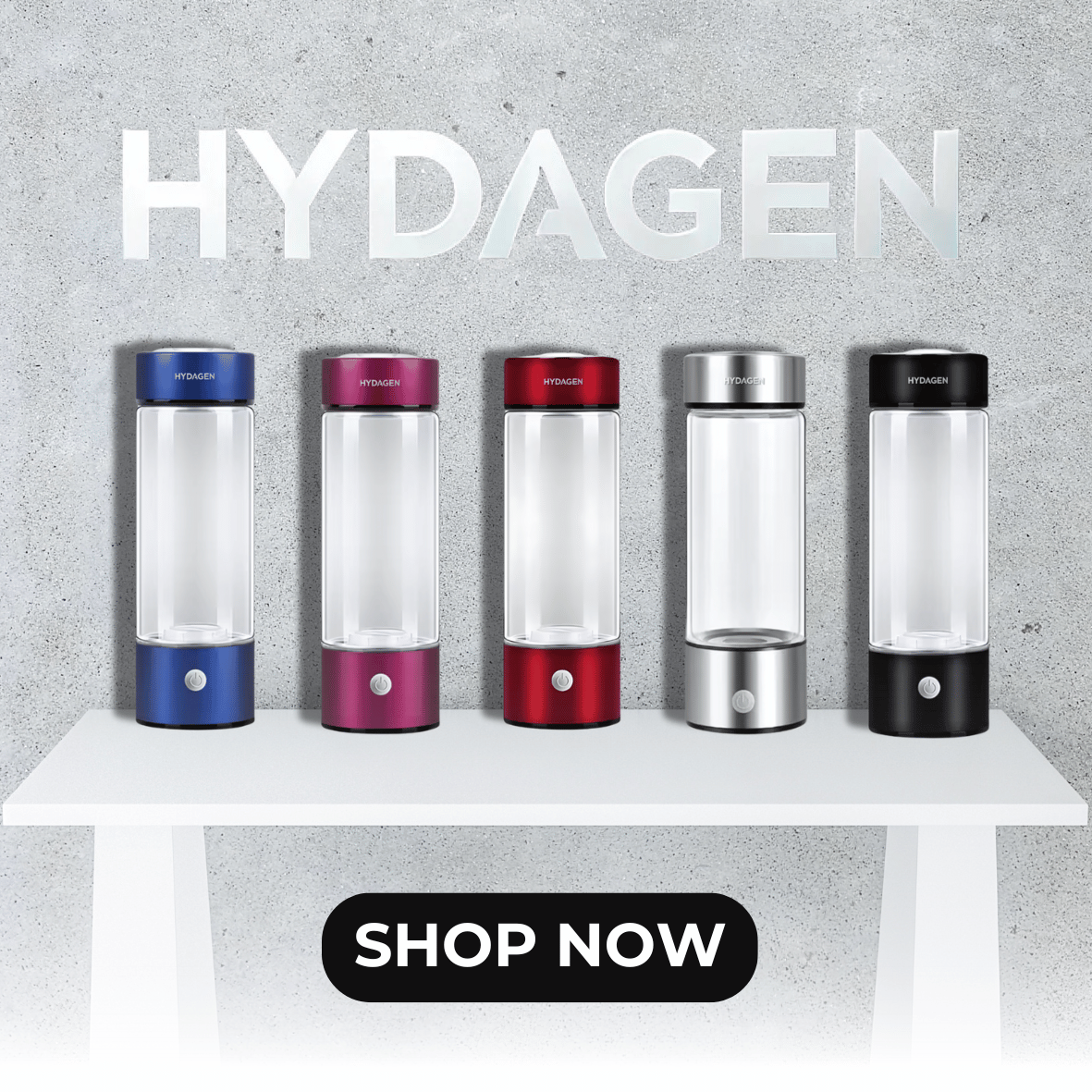THE HYDROGEN WATER
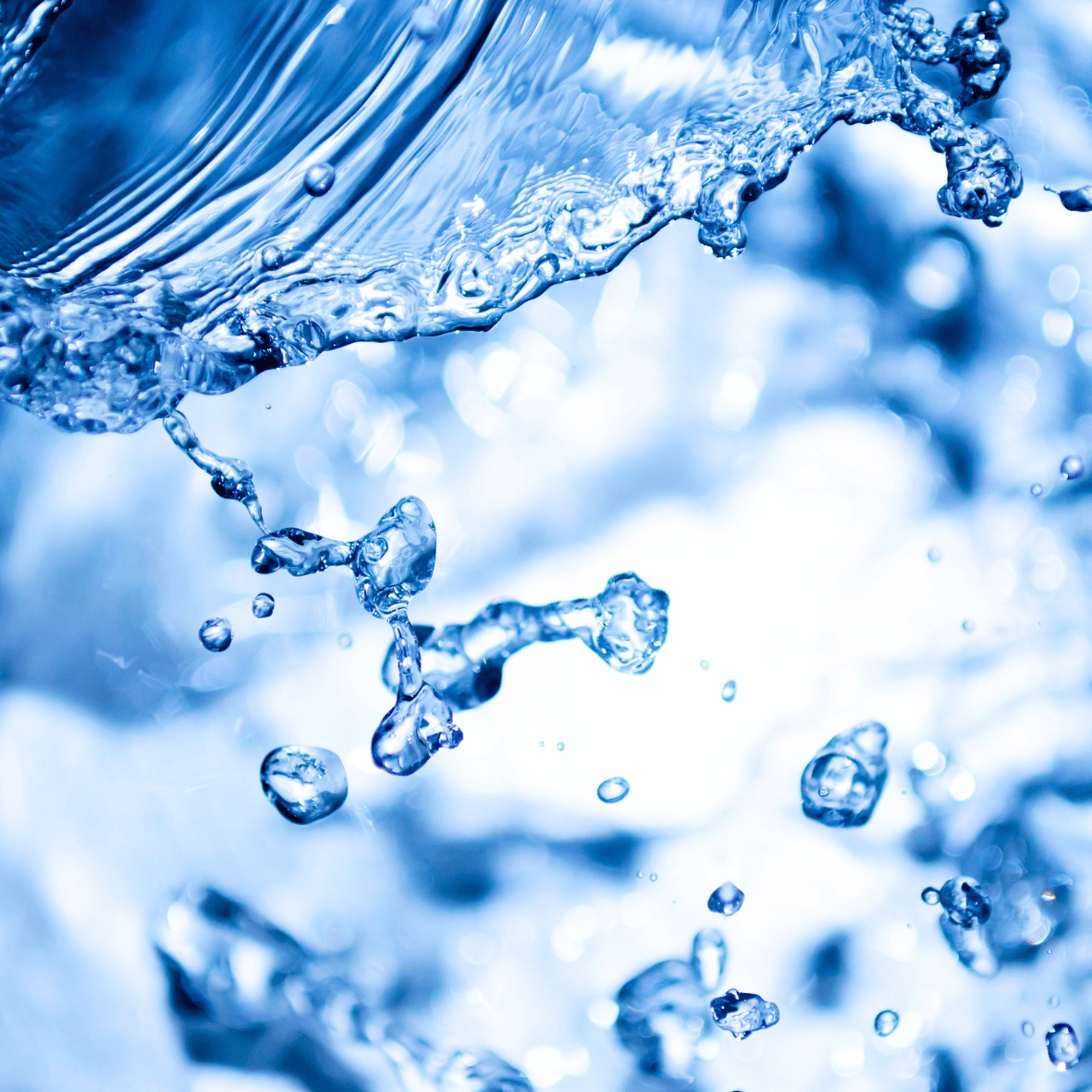
What is hydrogen water?
Hydrogen water is simply water enriched with elevated levels of molecular hydrogen.
Backed by over 1500 studies, molecular hydrogen and hydrogen water have demonstrated beneficial effects on nearly every organ and across more than 31 disease categories.
The easiest way to produce hydrogen water is by using a hydrogen bottle.
Is hydrogen naturally found in water?
Indeed, hydrogen is a natural component of water. By using electrolysis, which is carried out by the hydrogen bottle, the H2O molecule is broken down into its fundamental elements: hydrogen (H2) and oxygen (O).
Is hydrogen water legitimate?
Hydrogen water is not a scam. It is supported by a substantial body of scientific research, with over 1500 studies focusing on molecular hydrogen.
The most comprehensive review includes 321 studies, demonstrating that molecular hydrogen:
- Benefits nearly every organ
- Has a positive impact on over 31 disease categories
In Japan, molecular hydrogen is medically recognized, and it's common in hospitals for patients to use hydrogen water or inhale molecular hydrogen.
To explore the available studies in detail, click here.
Instead of just referencing research, we aim to explain why molecular hydrogen water is so effective.
What Are Free Radicals?
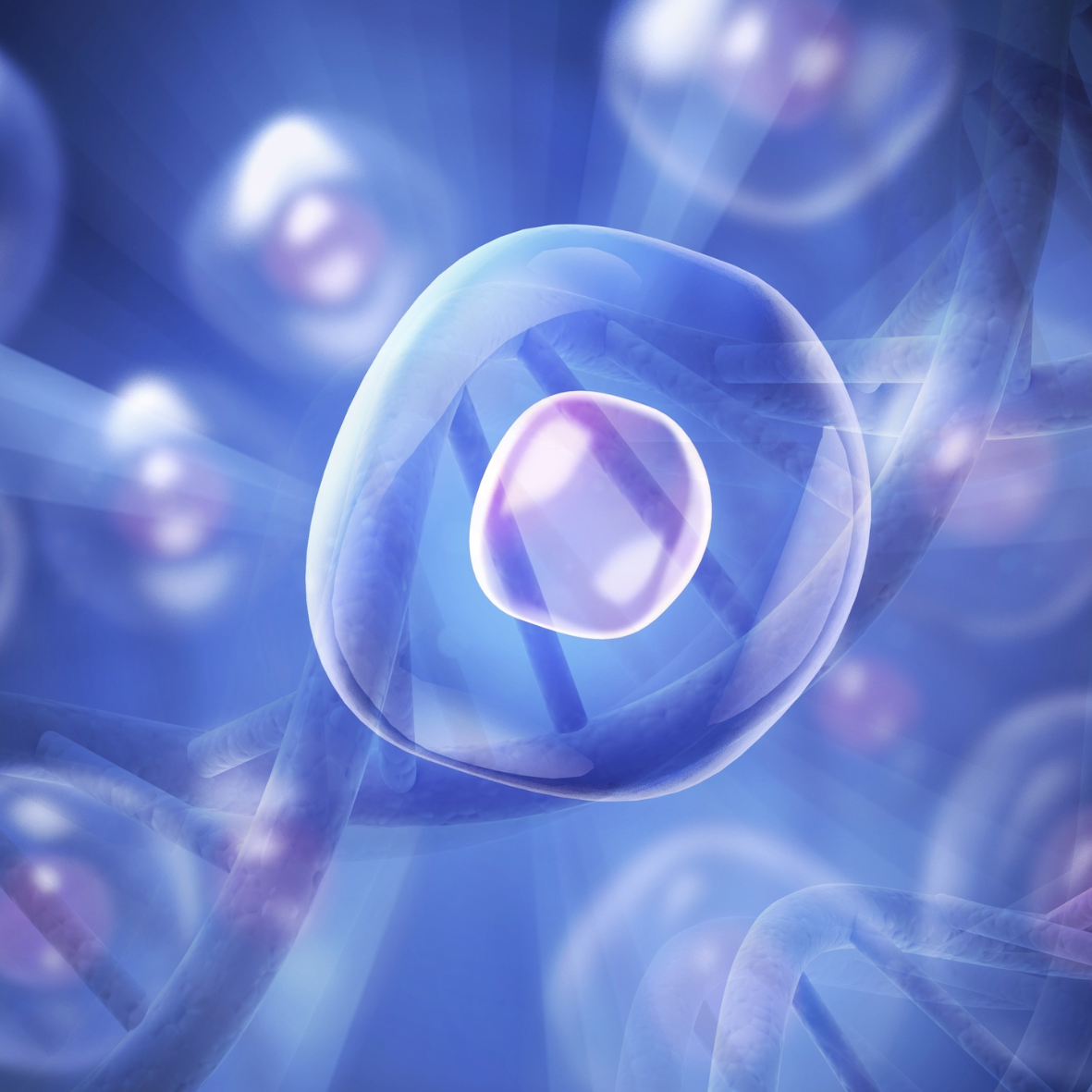
To grasp how hydrogen water benefits you, it’s important to first understand free radicals.
The Karolinska Institute explains free radicals as:
“Free radicals are molecules that readily interact with other substances in the body, which can potentially cause harm by damaging cells under certain conditions.”
Free radicals are constantly produced within the body, and usually, the body can manage them effectively.
However, our modern lifestyle has significantly boosted free radical production, leading to an excess that can overwhelm the body's natural defenses.
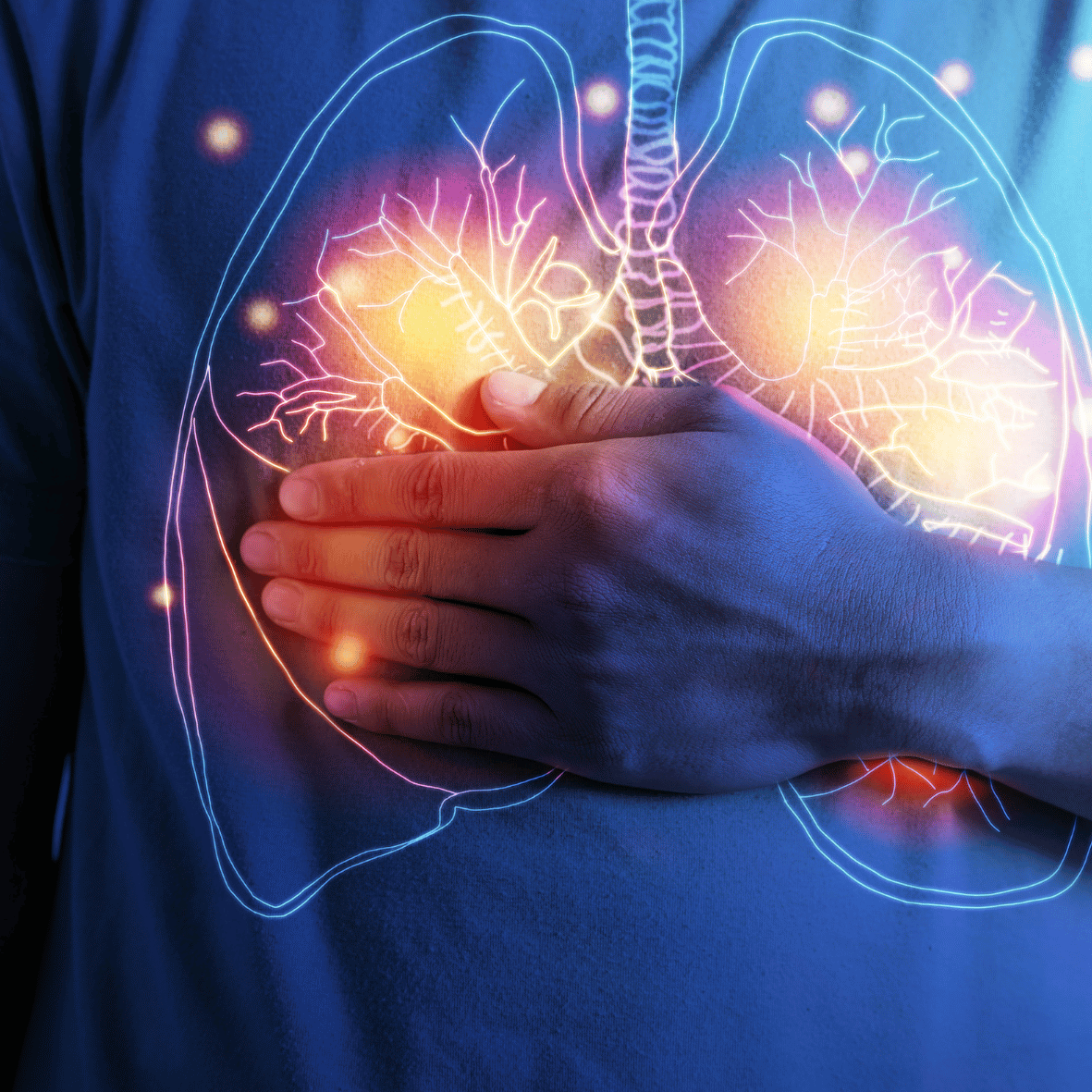
How do free radicals harm your body?
Free radicals are highly reactive molecules present in your body. Their primary goal is to capture electrons from other molecules around them.
Sadly, this process means that free radicals take electrons from healthy cells, causing them harm. This process, known as oxidative stress, can result in several adverse effects, including:
- Chronic illnesses
- Premature aging
- Cancer
- Inflammation
- And more.
This is where hydrogen comes into play:
Remember how the Hydagen Bottle splits water into H2 (hydrogen) and O (oxygen)? This process fills the water with countless tiny hydrogen molecules, each carrying two electrons.
Being the smallest molecule in the world, molecular hydrogen can easily penetrate almost every cell in the body.
Once inside the cells, hydrogen donates its electrons to neutralize free radicals.
This action helps protect your healthy cells from damage caused by oxidative stress.
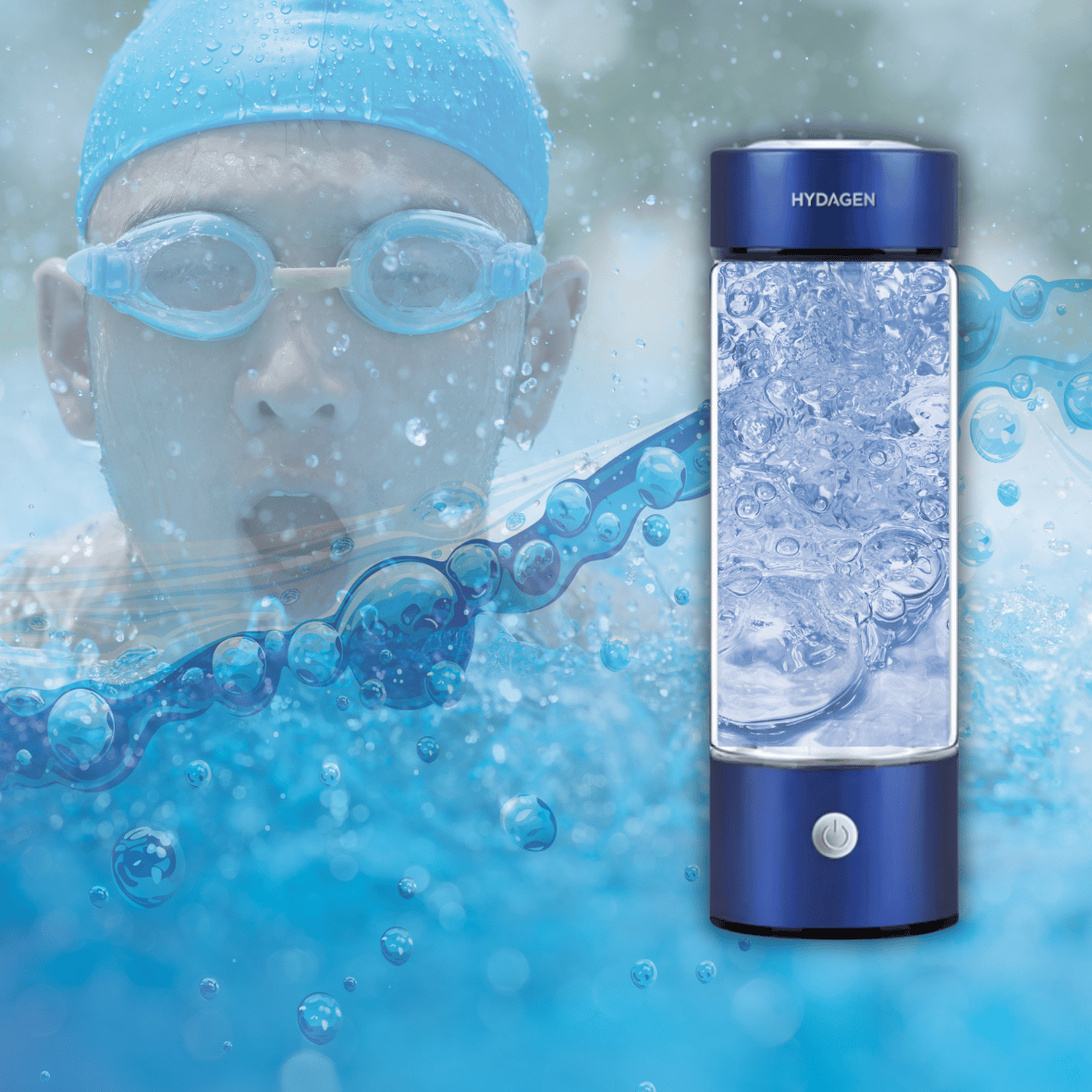
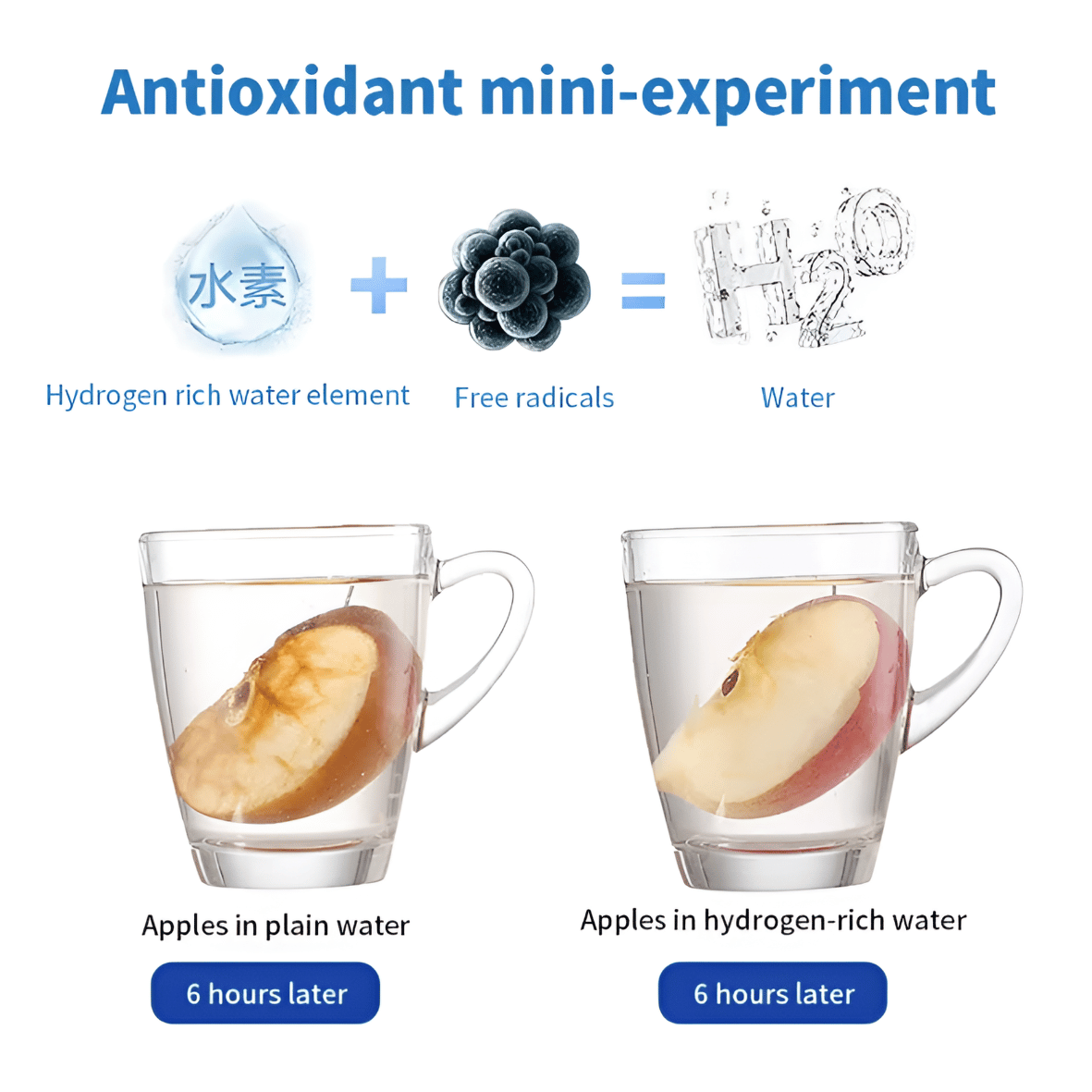
How do free radicals harm your body?
An antioxidant is a compound that can neutralize harmful free radicals.
Molecular hydrogen stands out as the strongest antioxidant due to two key factors:
1. Smallest molecule on the planet
As the smallest molecule in existence, molecular hydrogen can penetrate cells that other antioxidants cannot reach.
2. Selective antioxidant
Hydrogen water is selective, meaning it can neutralize harmful free radicals while preserving the beneficial ones.
The unique history of Hydrogen
The story begins in Lourdes, France.
Since 1858, people have been flocking to the natural springs in Lourdes, believed to possess healing properties.
The Catholic Church has recorded over 7,000 cases of unexplained recoveries.
(Of these, 67 have been officially recognized as "miracles" by the Church.)
Understandably, scientists have been intrigued by the healing waters of Lourdes for decades.
They sought to answer:
Is this merely a myth, or does the water have unique properties that can be proven in a lab?
A breakthrough in 1998
In 1998, Japanese researchers discovered that the key factor distinguishing the spring water was its high concentration of molecular hydrogen!
Following this finding, interest in molecular hydrogen surged in Japan (where it is now medically approved), and studies began to emerge globally.
Currently, there are over 1,500 studies confirming the therapeutic benefits of molecular hydrogen.
Molecular hydrogen was first noted for its therapeutic effects in scientific literature in 1975, but research only gained momentum after the 1998 discovery.
Discover the most powerful hydrogen bottle on the market.
